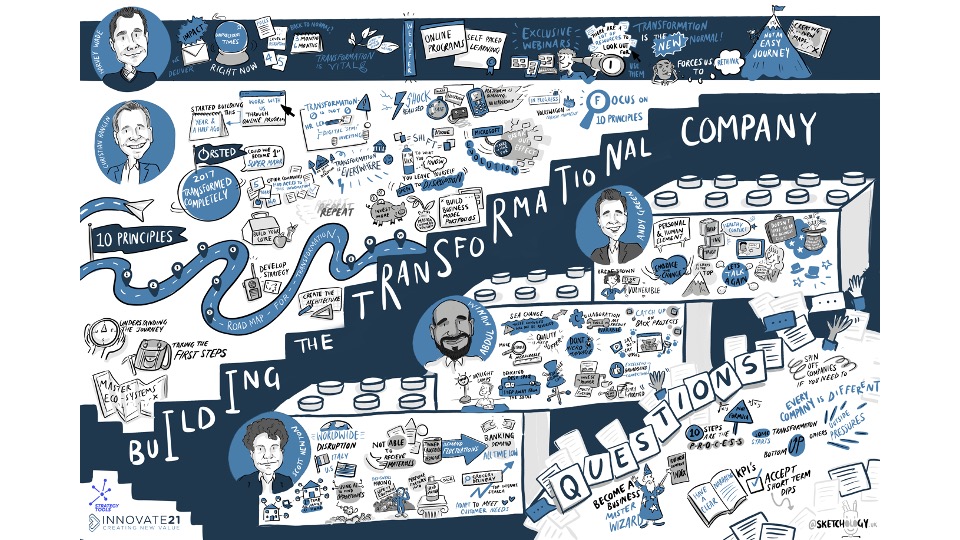What can you do to Lead today?
How Disruption is Impacting Business and what are they doing to Transform.
Every business today is facing disruption.
What can you do as a leader to best position your organization?
What are companies doing today?
Let us Start by Looking at the Issue:
Disruption Impacting Companies can be divided into five main areas:
- Supply Side Risks- Unable to Receive critical materials leading to shut down. As an example, Automotive Factories including VW, BMW, Mercedes, Ford, and GM are closed as they cannot receive components. In healthcare, medical equipment is being delayed because key components of the supply chain are bottlenecks resulting in tragic critical supps.ly delay
- Safety- Protecting Employees and Families during a crisis where there are many unknown factors.
Donald Rumsfeld during the Gulf War famously divided events into “Known Unknowns” and “Unknown Unknowns.” This is where we are currently all at.
We do not know enough about Covid-19 to make fully informed decisions. Therefore we must make decisions with the best data we have available and then update as new valid information becomes available.
Mortality Rates are ranging from 0.2% (Germany) to 9.1% (Italy.) It is not yet known why or what that means. We do not have clean data with which to make assessments.
Some key suppliers (such as Italian food producer RANA) are increasing staff salaries by 25% to ensure employees are able to manage their increased responsibilities at home.
- Demand- Demand fluctuating from very heavy increases (i.e. Tinned groceries are facing a 300% demand increase) to Zero (Investment Bank leader was quoted in the Financial Times “We have Never Been in a World with Zero Revenues. It is a Major Paradigm Shift”).
Price crashes for the energy sector in some cases are resulting in Oil selling below $10 Barrel.
- Organization of People during a Pandemic: Where do they work from? Were the Contingency Plans Sufficient? We are now learning that very few organizations had planned for an event of this type and as a result there is widespread disruption. People working from home for example do not have the tools required. One major employer says their HR department are spending 70% of their time on helping employees to get equipment including chairs, desks, noise canceling headphones. While some households had been organized for one person to work at home, very few had organization for an entire family to be home and working at the same time. As an example, during a webinar last week with London Business School, more than 88% of the 2000 participants indicated they were working from home.
- Financial Risks: Firstly liquidity. JP Morgan has seen the activation of $367 Billion USD in revolving credit lines in the last week- a historic amount. S&P Global has downgraded 121 Companies credit ratings in the last 48 hours. Blackstone and Carlyle had instructed a number of their portfolio companies to draw down all credit lines.
How will this lead to Digital Transformation?
Well we are seeing some new partnerships and new ways of thinking.
Diane Gherson, Head of HR for IBM sees this as a huge opportunity to hire new employees. IBM is also using AI to identify employees at risk of leaving and helping them to address personal issues during this difficult moment.
Amazon was able to onboard 1700 new key employees on one day last week (March 16th) through their brand new Digital Induction program.
Milan based Fashion leader Prada has converted production of luxury clothing to making safety uniforms for Doctors and Nurses to protect them. ARMANI have converted all of their Italian clothing factories to making emergency hospital products.
LVMH has converted their French Dior perfume factory into making hand sanitizer for the French Government.
Ferrari is making ventilators, and Ford, GM, and Tesla are also entering into this effort. Innovative UK household products leader DYSON has also announced they will supply more than fifteen thousand ventilators within weeks.
We see the movie industry moving to launch new films online as NBC Universal are Doing.
London Business School have launched a series of webinars with their top professors and leadership on managing during a pandemic. INSEAD is also launching a series of webinars.
Healthcare leaders are struggling to keep up with demand, leading to them rethinking how they interact with customers and migrating to new digital and AI powered forecasting and ordering solutions. This kind of change will be permanent.
In Germany we see employees from McDonalds be redeployed to work at Aldi (the Grocery chain)
CROCS the shoe company has announced they are donating their product for free to healthcare workers.
The five star Four Seasons Hotel on 57th Street and Fifth Avenue in New York City has made their rooms available for free to healthcare workers in New York who are working through this epidemic. Top hotels around the world from Milano to Singapore are being utilized as emergency quarantine centres.
In the USA and UK, less than 1/3 of people ever had worked from home before this week. We are now looking at numbers closer to 56%.
Telemedicine in the United States until today was not permitted by law except for Medicare (government insured patients) and with the Bill passed earlier this week it is now allowed for everyone.
Major Conventions have all been shifted online.
Alibaba was able to leverage their Cainiao supply chain software to ensure China did not stock out of emergency products such as toilet paper and Baking porducts. Professor Chengyi Lin from INSEAD has noted that it was only through Digital Services that China was able to overcome the challenges of Covid19.
In Google Trends we note a 200% increase in the search for the term “Grocery Delivery.”
Research firm Nielsen have completed research this week on Consumer Behaviors, and they indicate that already shopper behaviors are changing permanently.
We also see very creative solutions such as GM in Shanghai partnering with Medical Grade textile companies online to develop new medical proucts and use the massive GM supply chain to distribute.
German automotive supplier ZF bought a small failing mask company for its machines, relocated them to their highly efficient factories, and began delivering 100K masks a week within days.
This flexibility of the workforce, and the ability to shift production (LVMH in 72 hours in France) is leading to dawning realization that even the largest companies can move quickly. We will see this being embraced for digital transformation moving forward.
Italian and Most European countries except Holland and the Nordics had a “smart working” employee ratio of lower than 3%. Today it is over 50% where possible. This change will be permanent, and create an entirely new class of digital possibilities.
Around the world we are hearing companies say “Why did we do it this way?” which is a very powerful question.
This blog post is a transcript of a Webinar that Managing Partner Scott Newton participated in March 25th.




%20copy-1.jpg)
